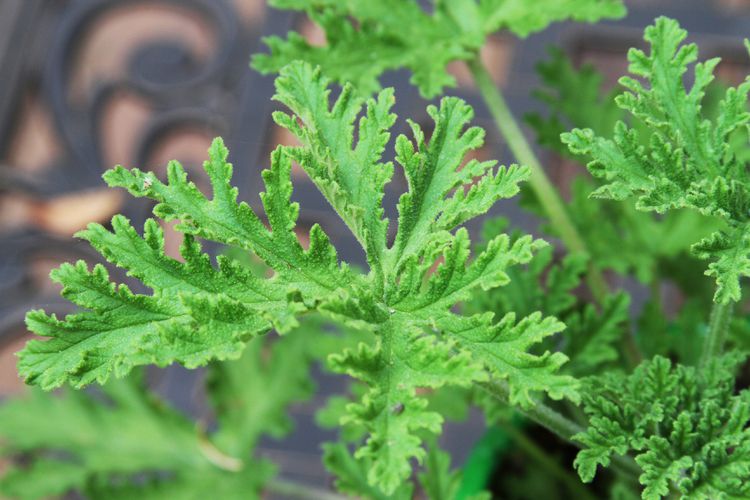Contents

If you’ve found yourself bothered by the most annoying summer nuisance—the mosquito—you’ve probably searched the shops for ways to fend them off, allowing you to savor BBQs, outdoor gatherings, and pleasant summer nights.
Commercial repellents come in various forms and often contain citronella, which is derived from a plant of the same name and is said to repel mosquitoes. But is it effective? Additionally, if you prefer a natural approach, can cultivating the plant provide the same benefits as using a candle or torch?
We had a conversation with Lina Cowley, an expert in botany, to uncover the reasons behind the effectiveness of citronella, as well as the situations in which it may fail. Additionally, she shared insights on the benefits of incorporating it into your home garden.
Encounter the Specialist
Lina Cowley is an expert in botany and serves as the senior editor for Trimmed Roots.
What is a Citronella Plant?
Citronella plants, often referred to as mosquito plants, originate from tropical areas in Asia and belong to the Cymbopogon genus. According to Cowley, there are primarily two species of citronella: Cymbopogon nardus and Cymbopogon winterianus.
All types of citronella flourish in warm and humid environments and are frequently cultivated for their essential oil. As a result, this oil, known as citronellal, is widely utilized in products designed to repel mosquitoes, including candles, sprays, torches, and various other items.
How Citronella Functions in Mosquito Control
Research indicates that mosquitoes can detect and react negatively to citronellal, which has contributed to its widespread use in household products.
Reasons Why Relying Solely on the Plant is Insufficient for Mosquito Control
Although it may appear that planting citronella grass in your garden is the most straightforward way to combat mosquitoes, Cowley points out that the plants themselves are not a guaranteed method to keep the insects at bay. This is due to the fact that the oil, known as citronellal, is the actual component that repels mosquitoes, and the living plants only contain minimal quantities of it. To obtain effective levels of citronellal, it must be extracted through specific distillation techniques.
Cowley mentions that you can crush a handful of leaves to extract their natural oils, which may help to create a mild repellent effect against mosquitoes.

Tips for Cultivating Citronella
Although citronella in its plant form may not be the most effective mosquito repellent, it remains an excellent choice for cultivation for numerous other benefits.
This plant belongs to the aromatic geranium family and emits a vibrant, citrus fragrance on its own. It might inspire you to cultivate a fragrant garden filled with various scented geranium types, offering a remarkable array of delightful aromas, ranging from strawberry to coconut.
To achieve optimal growth of your citronella plants, Cowley suggests using soil that drains well and ensuring they receive plenty of sunlight. It’s important to water them regularly, but take care not to overwater, as this can lead to root rot.
In regions with colder temperatures, you might have to cultivate citronella as an annual, replanting it every warm season, since these plants struggle to survive in severe winter conditions. Alternatively, you can grow them in pots and bring them indoors to a bright, warm area during the winter months.
Which other plants can help repel mosquitoes?
Although citronella plants alone won’t completely eliminate mosquitoes, there are several other plants you can incorporate into your garden to help keep these pests at bay. For instance, plants such as lemongrass, lemon balm, and kaffir lime contain significantly higher levels of citronellal in their foliage. When their leaves are crushed and applied to the skin, they can offer a more potent natural repellent.
Cowley suggests adding lavender, peppermint, or eucalyptus to your home garden to enhance your mosquito-repelling efforts. However, the most effective natural solution for keeping mosquitoes at bay is to use essential oils such as peppermint, lemongrass, or lavender, or to utilize repellents like citronella candles or sprays.



 Effective Ways to Quickly Eliminate Armyworms Before They Damage Your Lawn
Effective Ways to Quickly Eliminate Armyworms Before They Damage Your Lawn Are Ants Invading Your Vehicle? Here’s How to Eliminate Them Quickly
Are Ants Invading Your Vehicle? Here’s How to Eliminate Them Quickly